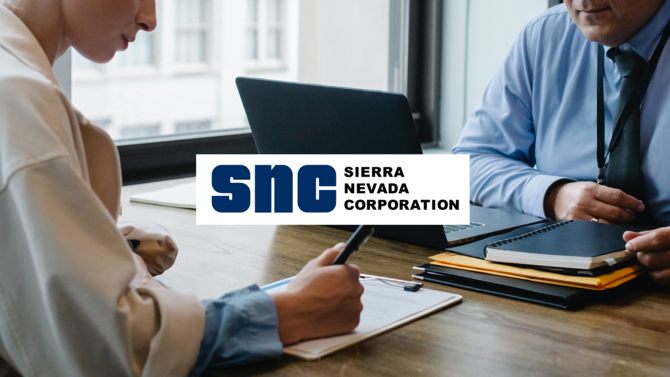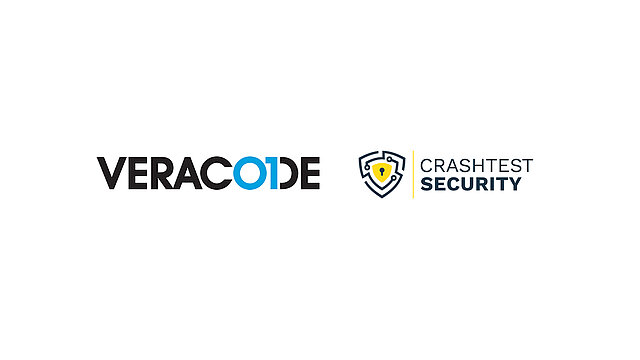Find out today what the legal world will be talking about tomorrow.
08.02.2023
The MoPeG is coming! – Or: Every change in the law has the charm of a new beginning

The countdown to the MoPeG is on. On 1 January 2024, the Act on the Modernisation of Partnership Law (MoPeG) will come into force. With its 137 articles, parts of the German Civil Code (BGB) and the German Commercial Code (HGB) will be revised and a new register introduced. The innovations introduced by this law are not only to be observed for new company formations, but are also relevant for already existing companies.
With the MoPeG announced in August 2021, the system change from a so-called community of joint owners supported and dependent on its members to a company with legal capacity, which has already been anticipated by literature and case law (see in particular the White Horse decision of 29 January 2001), is now also implemented by law. The changes affect not only the partnership under civil law (GbR), but also the general partnership (OHG), Kommanditgesellschaft (KG) and GmbH Co. KG. Two novelties in particular stand out from a multitude of changes (among others, on the voting power of partners, contestation of resolutions, compensation of partners, subsequent liability and distribution of profits): The
- Introduction of a company register and the
- The opening of commercial partnerships for freelancers.
This is not only intended to close the transparency and publicity gap that currently still exists in the GbR. Even more, a gain in organisational freedom is to be achieved.
The GbR as a legal entity
According to the law in section 705 et seq. BGB, the GbR (unlike, for example, the GmbH) did not have legal capacity and was dependent on the existence of its members. This model had already been eased in the past by case law in accordance with the literature, which is why a large part of the changes now brought by the MoPeG affect the GbR with the aim of making it a partnership with legal capacity. In future, the GbR will be able to acquire rights and enter into liabilities itself (cf. section 705 (2) BGB et seq.). From now on, all that is required for this is that the GbR participates in legal transactions according to the unanimous will of its partners. Without this will, however, the non-legal internal entity according to section 740 BGB n. F. remains.
The Company Register and the eGbR
A significant novelty is the introduction of the company register (section 707 BGB et seq.), which now exists alongside the commercial and partnership registers. There is no obligation to be entered in the new register (unlike, for example, in the case of GmbHs and KGs). However, in the future a GbR itself can only be the bearer of rights that are themselves subject to registration (i.e. in particular rights to real property, GmbH shares, shares, trademarks, patents, utility models or designs) if the GbR has previously been entered in the company register. However, such a registered GbR must bear a corresponding legal form suffix such as "eGbR" or "registered partnership under civil law". In addition, the beneficial owners (section 3 (1) GewG) must be reported to the transparency register.
As a result of the registration, transformation measures under the Transformation Act (UmwG) are now also possible, so that GbRs can also be part of mergers and splits. However, due to the protection of good faith (section 707 a (3) BGB n. F.), the entry in the new company register is not easily reversible (section 707a (4) BGB n. F.), which is why also a change of legal form according to sections 191 et seq. UmwG is only permissible in the future as an eGbR.
An Administrative Headquarters Abroad – German Companies Go International
The MoPeG now clarifies in section 706 BGB et seq. that all corporations and partnerships registered in Germany have a free right to choose their location, irrespective of the place of registration. This means that German partnerships can establish an administrative seat abroad that differs from the registered seat, which was previously not possible. This means that in future all business activities can be carried out outside German territory; and at the same time, the company can remain a German personal company.
The opening of OHG, KG and GmbH & Co. KG for freelancers
Up to now, commercial partnerships (OHG, KG and GmbH & Co. KG) were not available as a legal form for the exercise of liberal professional activities (i.e. activities within the meaning of section 18 German Income Tax Act (EStG): in particular doctors, architects, lawyers, notaries, tax consultants and consulting engineers). Rather, freelancers were referred to a GbR, partnership company (PartG) or a corporation (GmbH / AG). This will change on 1 January 2024 (section 107 (1) sentence 2 BGB n. F.). However, this is only the case if the respective professional law applicable to the freelancer expressly allows the formation of a commercial partnership.
Conclusion
Existing commercial partnerships (GbR, OHG and KG) should use the remaining time until 2024 to critically review and adapt their partnership agreements. At the same time, this is an ideal opportunity to use the legal structuring options now provided by the MoPeG. In particular, the following should be considered in the event of an entry in the company register:
- A GbR needs a company name, i.e. a name, for entry in the companies register;
- by registration the GbR partners are initially fixed; a change to an unincorporated GbR is only possible by later altering the registration;
- but registration allows later restructuring within the GbR as well as the disclosure of certain legal relationships of a GbR.
- However, persons who are considering setting up a GbR this year should also take the MoPeG changes into account now.
The Corporate Team of SKW Schwarz will be happy to assist you with questions in connection with the new legal situation for partnerships or, more generally, with the formation and legal structuring of your partnership.
Authors




